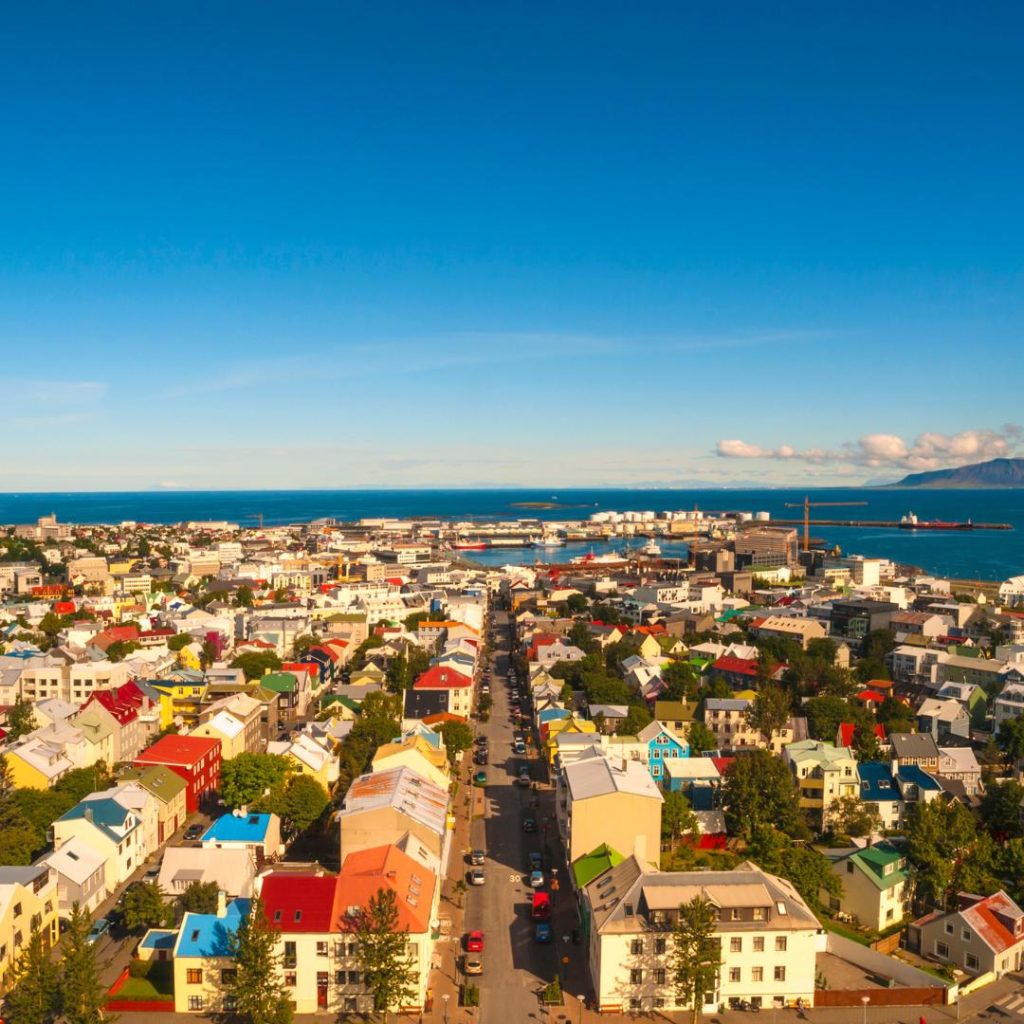From economic growth to a feel-good economy - not a utopia in Iceland

Is higher-faster-further still in keeping with the times? Can the economy also focus on well-being? Iceland shows how it can work with its Wellbeing Economy.
Dignity, fairness and participation as economic goals?
By developing sophisticated governance mechanisms, the Icelandic government is succeeding in bringing a new economic way of thinking to life.
The economy of wellbeing is not only measured in numbers, but also in welfare and quality of life, mental health, access to housing and green spaces and equality. Negative items includeCO2 emissions, environmental degradation and resource consumption.
Crisis as an opportunity - the recipe for happiness
The major financial crisis of 2008 hit Iceland's economy somewhat earlier and harder than that of other European countries. It only took a few days for the country's entire banking sector to collapse.
Foreign capital withdrew, numerous companies went bankrupt and the national currency plummeted. Many Icelanders lost everything.
However, it would not be the country with one of the best and most stable ratings in terms of happiness if this had not led to a constructive and very positive rethink.
Unlike elsewhere, bankers were prosecuted, banks were nationalized and debts were cancelled. The currency was devalued by almost 60 percent, boosting demand for Icelandic products on the international market.
The economy of well-being is a matter for female bosses
The office of Prime Minister Katrín Jakobsdóttir coordinates the wellbeing agenda.
The Council for a Sustainable Iceland brings together representatives from trade unions, ministries, industry, local authorities and non-governmental organizations.
The SDG Youth Council represents the concerns of the next generation (young people aged 13 to 18).
The Welfare Watch steering committee analyzes the economic situation of Icelandic households.
With the help of many initiatives like this one, change is happening across the board.
The exact indicators, which were developed after intensive population surveys for the evaluation of the feel-good economy, can be found here.
Nice to see that there is another way! 💚






